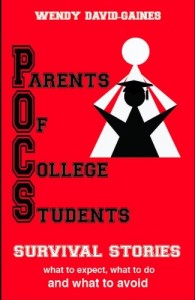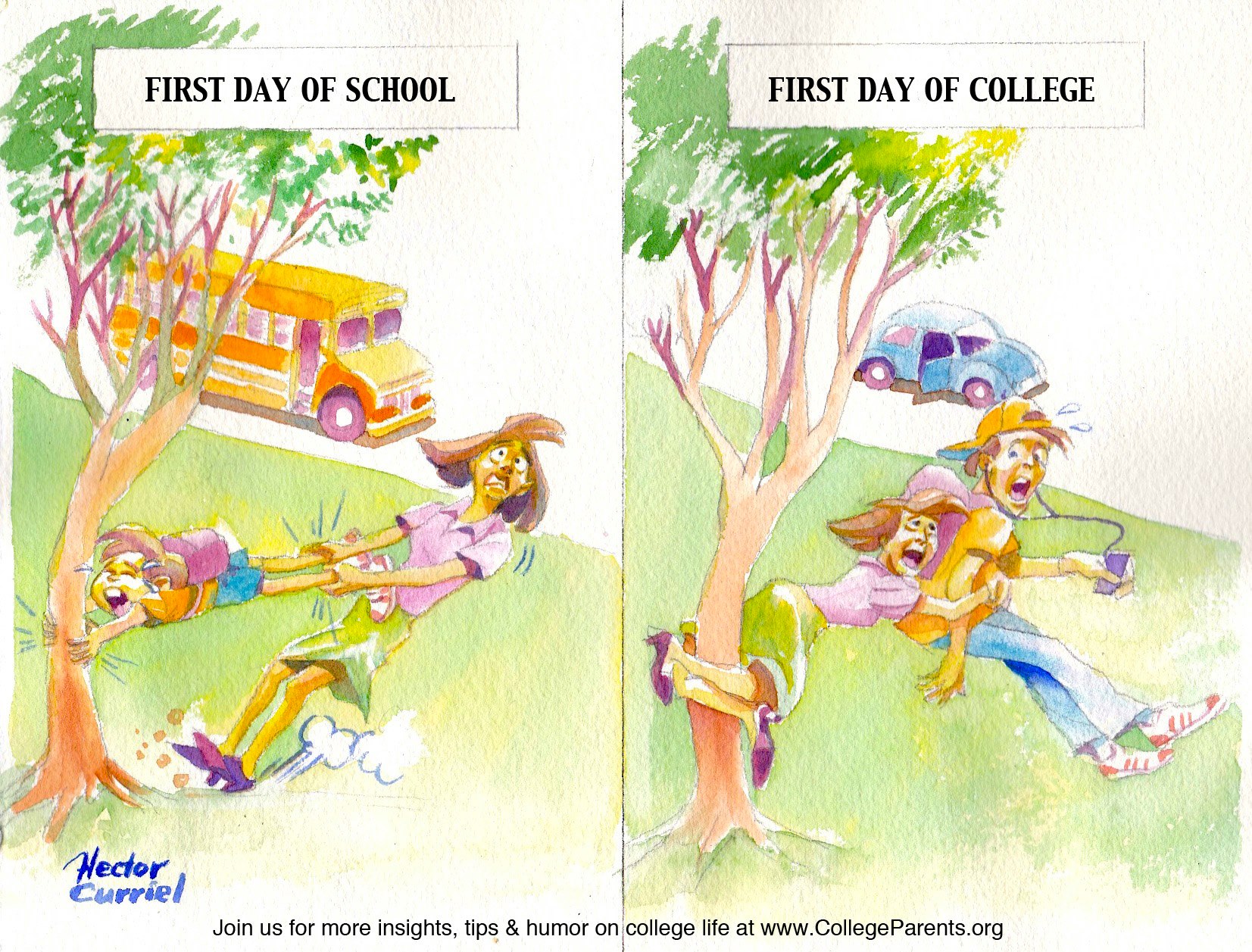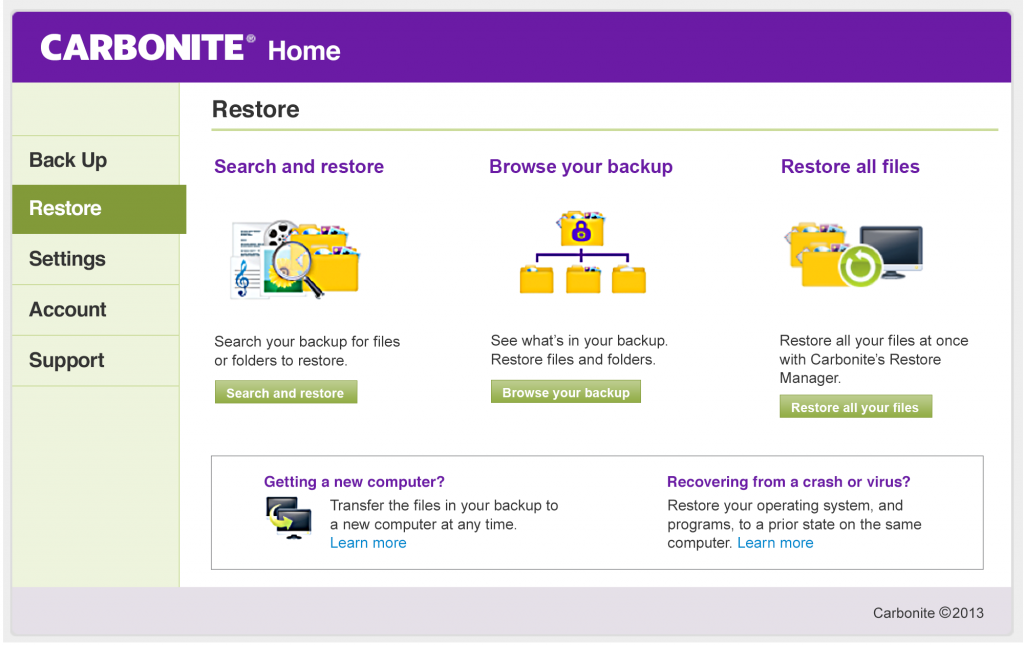Sign up for my FREE parent tips email and get my FREE Ebook on college financing!
 School is back in session. College prep is (or should be) in full swing. If you and your student haven’t started thinking about college prep yet, you’re lagging behind. With so many tasks to do and just a few years to complete them, it’s easy to feel overwhelmed and frustrated. Before you tear your hair out and scream in frustration, take a deep breath.
School is back in session. College prep is (or should be) in full swing. If you and your student haven’t started thinking about college prep yet, you’re lagging behind. With so many tasks to do and just a few years to complete them, it’s easy to feel overwhelmed and frustrated. Before you tear your hair out and scream in frustration, take a deep breath.
Here are just a few tips to help you start the year off right and stay ahead of the game.
Organize
Organization is your friend. Being disorganized during college prep will cause your student to miss deadlines, neglect to send follow-up emails, and forget who they met at which college. Start the school year by helping your student start a system that keeps them organized. Their bedroom floor is NOT the place to store those important papers and notices. This is the part of the process that you can help them with. After all, haven’t you been doing this for years?
Prioritize
With a myriad of activities going on during school, it’s in your student’s best interest to prioritize their tasks. College prep involves more than test prep and college applications. It’s best to make a list of tasks and do the ones that need to be done first. Which tasks are important? Depending on the grade level there will be various tasks during different times during the school year: test registration, essay prep, scholarship applications and more.
Maximize
Maximize your resources and get help if needed. During the prep process it’s critical to find the best information from the best resources. Read books. Research online. Ask other parents. Talk to high school counselors. Go to information sessions. An informed parent is ready to help when needed, willing to encourage when necessary, and able to guide their student throughout the college prep process.
Keep these three tasks in mind as the school year progresses. Burying your head in the sand isn’t going to help and denial is never a solution.
Remember my motto: Preparation Prevents Panic!















